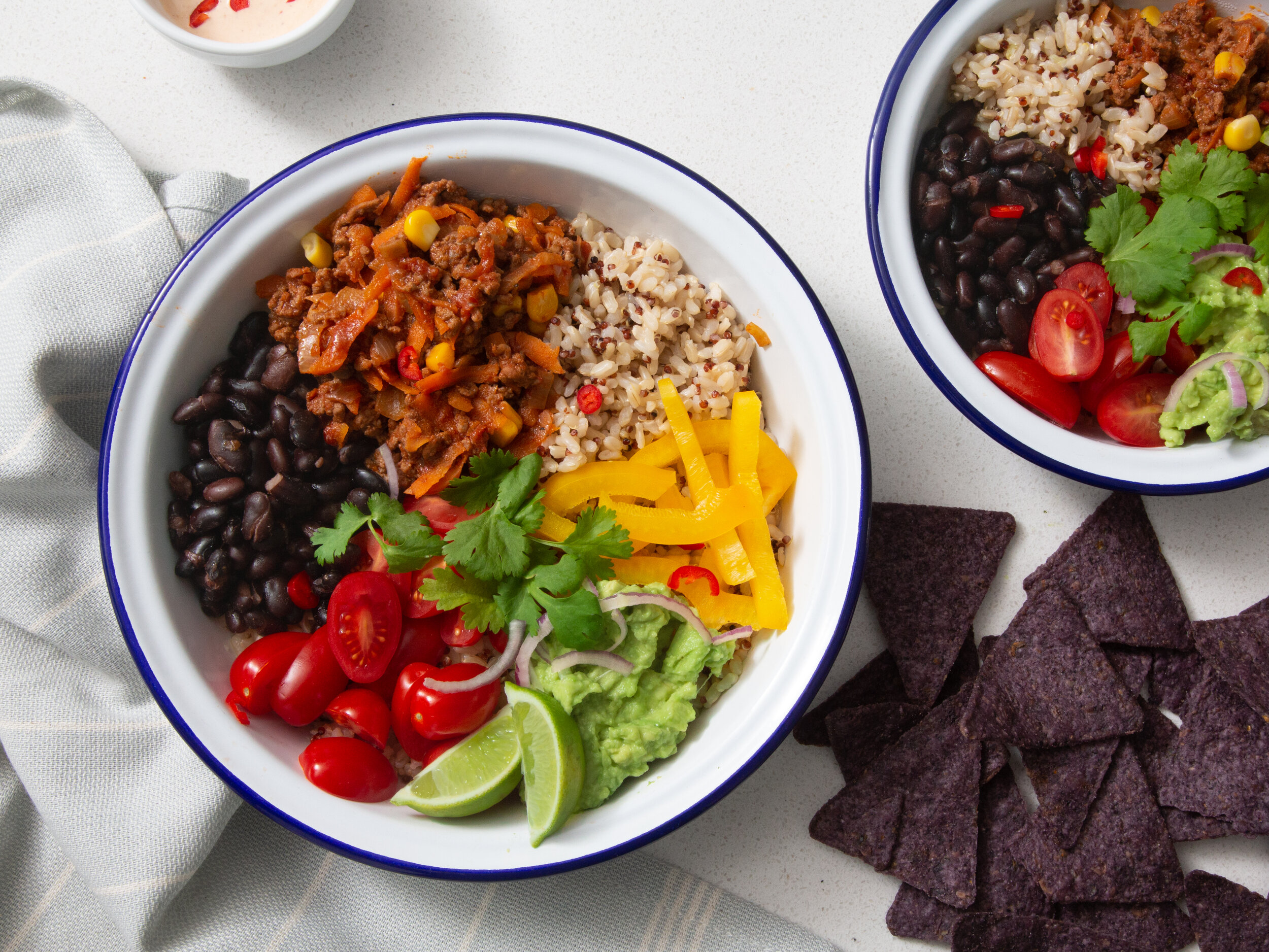Guidelines for heart health – What do they mean for meat eaters?
New Zealand’s authority on heart health has put a stake in the ground when it comes to our meat eating habits, and risk of heart disease and stroke. So, does it mean you need to turn down the next invite to a BBQ?
The National Heart Foundation of New Zealand has recently advised a guideline of 350g/week of cooked red meat (equivalent to about 400-450g raw weight per week or 3-4 small-moderate serves) to reduce risk of heart disease and stroke. This has been made with the lens of heart health and has been observed as an associative (not causal) relationship between those that eat higher amounts of red meat and cardiovascular conditions. This advice sits at the lower spectrum of existing global recommendations of 350-500g/week as per the World Cancer Research Fund and below the authority on overall health, the Ministry of Health’s 500g/week cooked weight. The research it draws upon is one step closer to understanding the effects of diet on heart health, and with the ever-evolving world of nutrition science, there is always more to learn.
Many of us will recall food and nutrition recommendations change over time, and this isn’t because the scientists are changing their mind, rather, further research and methodologies unravel to deepen our understanding between the links of the food choices we make, and our likely health outcomes.
Nutrition science is young and complex, and it is difficult to prove a single food or nutrient directly promotes or declines one’s health. Hence, nutrition research reports associations or the likelihood of X being linked to Y. There is also the matter of surrounding factors to the choices we make. Whether it be exercise or alcohol drinking habits alongside food choices and disentangling these to link directly to a health condition, proves tricky.
With that all said, healthy eating advice that are based on guidelines (not prescription) focus on patterns of eating. In other words, the variety and combination of foods within a meal, or over the course of day and over the course of a phase of your life that suits your needs, culture, tradition, budget and preferences. This means not one single food will determine your overall risk of disease, unless you were eating just one food all the time, which is not realistic.
The Heart Foundation’s role is to reduce the incidence of cardiovascular conditions, so any reduction in risk is a move in the right direction. What do the risk outcomes tell us? The research the Heart Foundation has drawn from shows a shift from 4 to 11 people per 1000 at risk of coronary heart disease if one was eating higher amounts of red meat (205g/day) compared to a mouthful of 9g/day. To make practical sense of this, a typical beef or lamb recipe includes about 100-150g and based on this portion and global consumption data, New Zealanders are eating about 2-3 serves of beef or lamb per week.
Diet is one important factor for heart health, along with genetics and overall dietary and lifestyle patterns. For general health, and to ensure we are meeting nutrient requirements particularly at times of higher nutrition needs, such as older adults and during childhood and pregnancy, there are specific guidelines by the Ministry of Health.
Still confused? As a start, if you are concerned with your risk of heart disease, visit your GP who will look at a number of factors including family history and lifestyle habits. In regards to diet, moderation and variety are absolutely key, so looking at what and how much you are currently eating to meet your individual needs can be assisted with the input of a Registered Nutritionist or Dietitian if need be.
As a staple of many households in New Zealand contributing essential nutrients to our weekly diets, red meat is not a food to fear. The benefits of including it in the diet is one that needs to be seriously considered, alongside other favourite healthful foods.
Here’s the lowdown on getting back to the basics of balanced eating guidance for those that may be getting overwhelmed. https://www.beeflambnz.co.nz/healthy-eating-for-busy-adults

